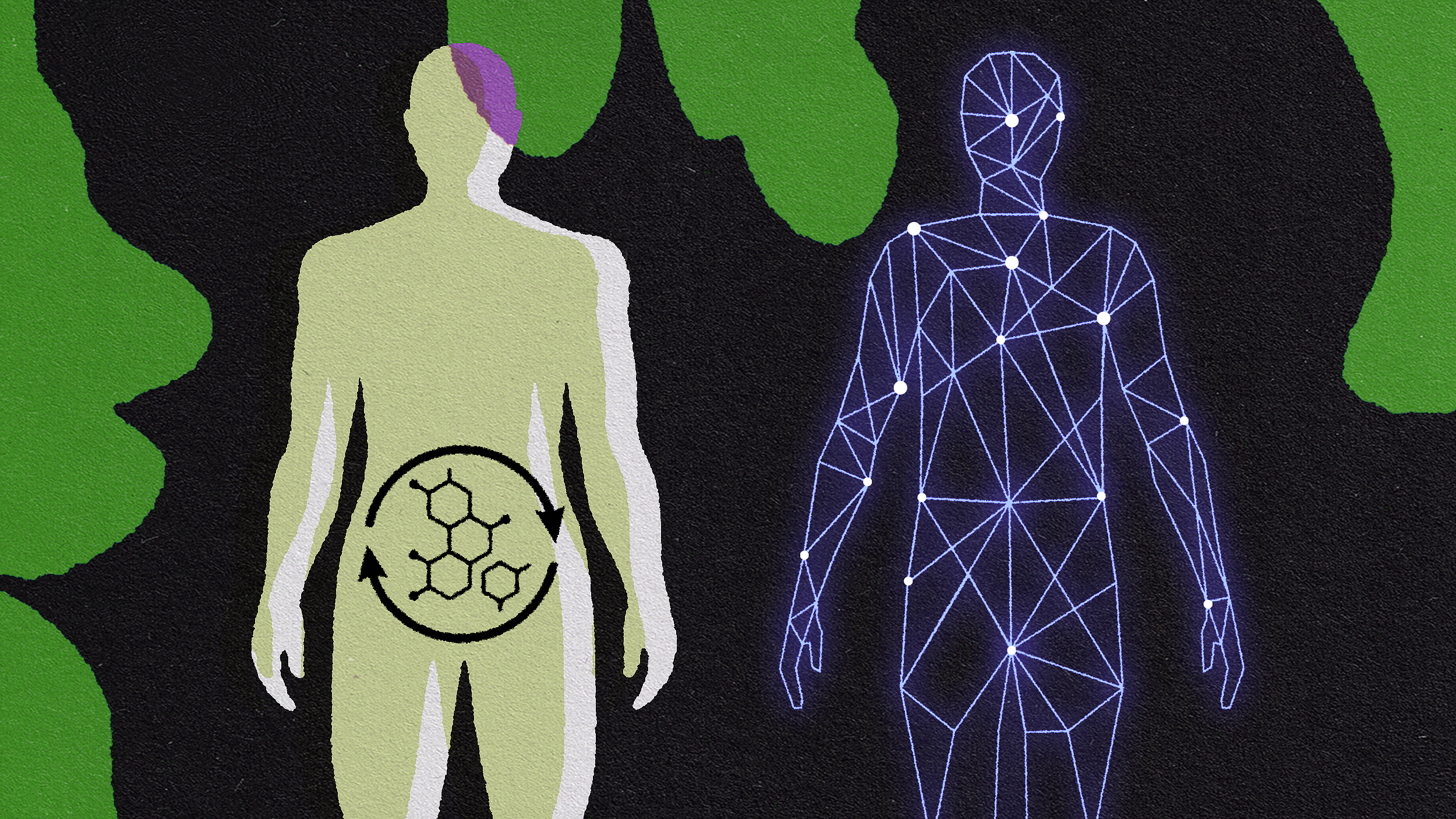This video is part of Z 17 Collective’s Future of Learning series, which asks education thought leaders what learning can and should look like in the midst and wake of the coronavirus pandemic.
JIANG XUEQIN: The hardest thing to learn for students is the ability to self-assess accurately. And so unfortunately in schools we don't give kids enough space, enough autonomy to learn the skills of self-reflection and self-assessment. Now, what's really interesting about this time is that because of coronavirus kids have all this time to self-reflect and self-assess. And so we should be actively promoting meta learning during this time. And so what I've suggested is that we promote the idea of a learning journal. So the idea is this: Let kids decide their own learning path. Let them decide what they want to learn. It could be if they want to learn how to cook. It could be they want to learn how to drive a car. It could be they want to learn programming. It could be they want to participate in a fitness challenge. It doesn't matter. What's important is that they write down their learning journey.
And so there are three components to a learning journal. First is to define the goal concretely and precisely. It's better to say I want to be able to run a marathon in less than four hours than it is to say I want to finish first in a marathon. Second is to write down the learning process. So think of a cooking recipe and writing down how you cook something. The third and most important component of a learning journal is to write down your observations, collect data, self-reflect, and develop new learning strategies for yourself. And during this process teachers don't go away. Teachers play a very important role in that they become coaches. I would say that being a coach has three main functions. The first function is to motivate the student. Second function is to identify witnesses in the learning journal. And the third and most important function is to constantly suggest new learning strategies.
So let's go back to the marathon example. Students when they're learning, when they're in a process they tend to become very focused so they keep on running. So as a coach you might want to say to the student hey, have you thought about sleep patterns. Have you thought about diet. Have you thought about lifting weights. Have you thought about running with friends. The idea is not to give correct solutions. The idea is to suggest new possibilities so that students can self-diagnose more accurately. That's the idea of a learning journal. I believe that if we go through this learning journal students when they come back to the classroom will be much more motivated and they'll be much more effective learners.





